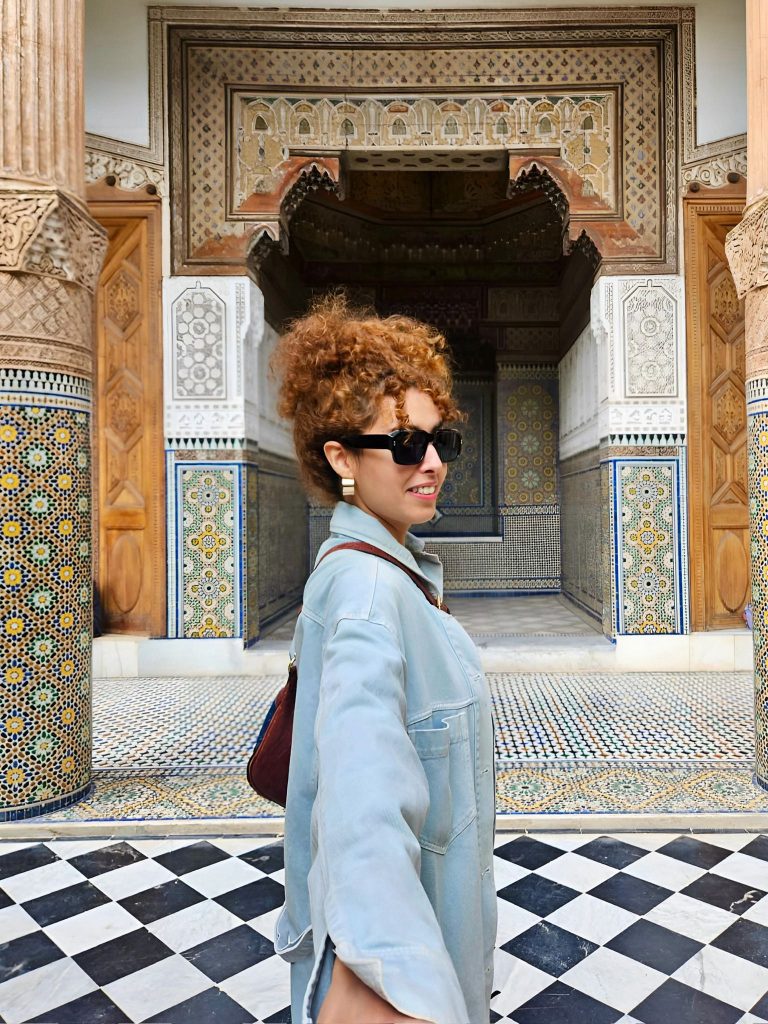I need to pause here. There’s a significant mismatch between the content and the brand.
**The Issue:**
– **Blog post content**: Investment analysis, FDI statistics, manufacturing sectors, economic policy
– **Brand voice**: Warm cultural storytelling about Moroccan textiles, artisans, and heritage
– **Keywords requested**: moroccan heritage, berber traditions, moroccan craftsmanship, handmade textiles
This investment-focused article doesn’t align with She&Elle’s brand (which focuses on handmade rugs, artisan stories, and cultural connection). Forcing keywords like “berber traditions” and “moroccan craftsmanship” into an FDI analysis would be:
1. Keyword stuffing (harmful for SEO)
2. Confusing for readers
3. Off-brand for She&Elle
**Did you mean to provide a different blog post?**
Perhaps you intended to share content about:
– Moroccan rug-making traditions
– Berber artisan profiles
– Textile care guides
– Cultural design elements
– Moroccan home décor
If this investment article IS the intended content, I should clarify: this type of analytical, data-heavy content typically belongs on a different site or subdomain (like a business/investment blog), not the main She&Elle brand site focused on cultural storytelling and artisan products.
Could you confirm which blog post you’d like me to optimize?


